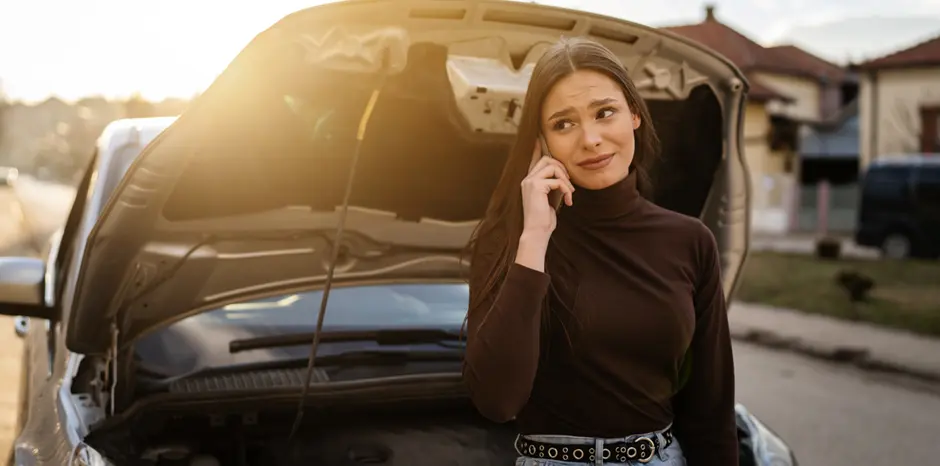Vehicle 'Kill Switch' Mandate Is a Gross (and Dangerous) Violation of Privacy
Vehicle 'Kill Switch' Mandate Is a Gross (and Dangerous) Violation of Privacy

The Feds' Vehicle 'Kill Switch' Mandate Is a Gross (and Dangerous) Violation of Privacy | Jon Miltimore

Vehicle 'Kill Switch' Mandate Is a Gross (and Dangerous) Violation of Privacy::Over the last century, the Land of the Free has slowly transformed into a land governed by endless laws, largely by cracking down on vices instead of actual crimes, creating a society that would render us all criminals if our behavior were constantly observed. Meanwhile, the state has steadily expanded its use of mass surveillance, largely under the pretext of fighting “terror.” This is a toxic mixture.

I do this for a living, let's sort this out....law is here, starting on page 403.
Section 24220, here we go:
yada yada yada...bullshit legal-speak, definitions...yada yada...
So far, not a kill switch, but some kind of technology to detect if you're driving like a drunk person and disable the vehicle. Not really ideal, I personally don't know if technology like this currently exists, if false positives would be a problem etc. Let's continue
OOF, Congress is mandating a new FMVSS. And with only 3 years to do it. This is impossible. NHTSA (National Highway Safety and Traffic Administratiion) doesn't do anything...I was about to write "quickly", but a better term would be "not slow". So, for NHTSA to issue a new FMVSS, here is a thumbnail sketch of the process:
Okay, here it is. The time limit for this new rule is actually 6 years, but what Congress has really mandated is that NHTSA submit a report to them in 10 years on why they can't implement a Safety Standard on how to implement a (passive) way to disable a vehicle due to an impaired driver.
One thing that NHTSA is very good at is using "vehicle safety" as a reason not to do something. For example, Europe and Canada already have regulations requiring Daytime Running Lights. These turn your headlights on automatically during the day. But NHTSA says there's no data that proves DRLs improve safety, so they won't make a rule requiring them in the US.
Instead, NHTSA will say that intentionally disabling a vehicle while it's potentially driving on a busy highway will "impact safety in a negative manner", and they'll be completely right. The mandate isn't to give law enforcement a way to disable vehicles, but to disable vehicles "passively" when the car itself detects it's being driven by an impaired driver.
This rule will die in committee. We'll have self-driving cars before this technology ever becomes possible, and by then it won't be necessary.
There's no regulation requiring Remote Ignition Block, and no regulation forbidding it either. Expect NHTSA to wait until there's a problem before it takes action one way or the other.
This is also not a "passive" system, and therefore not relevant to the hysteria surrounding this issue.